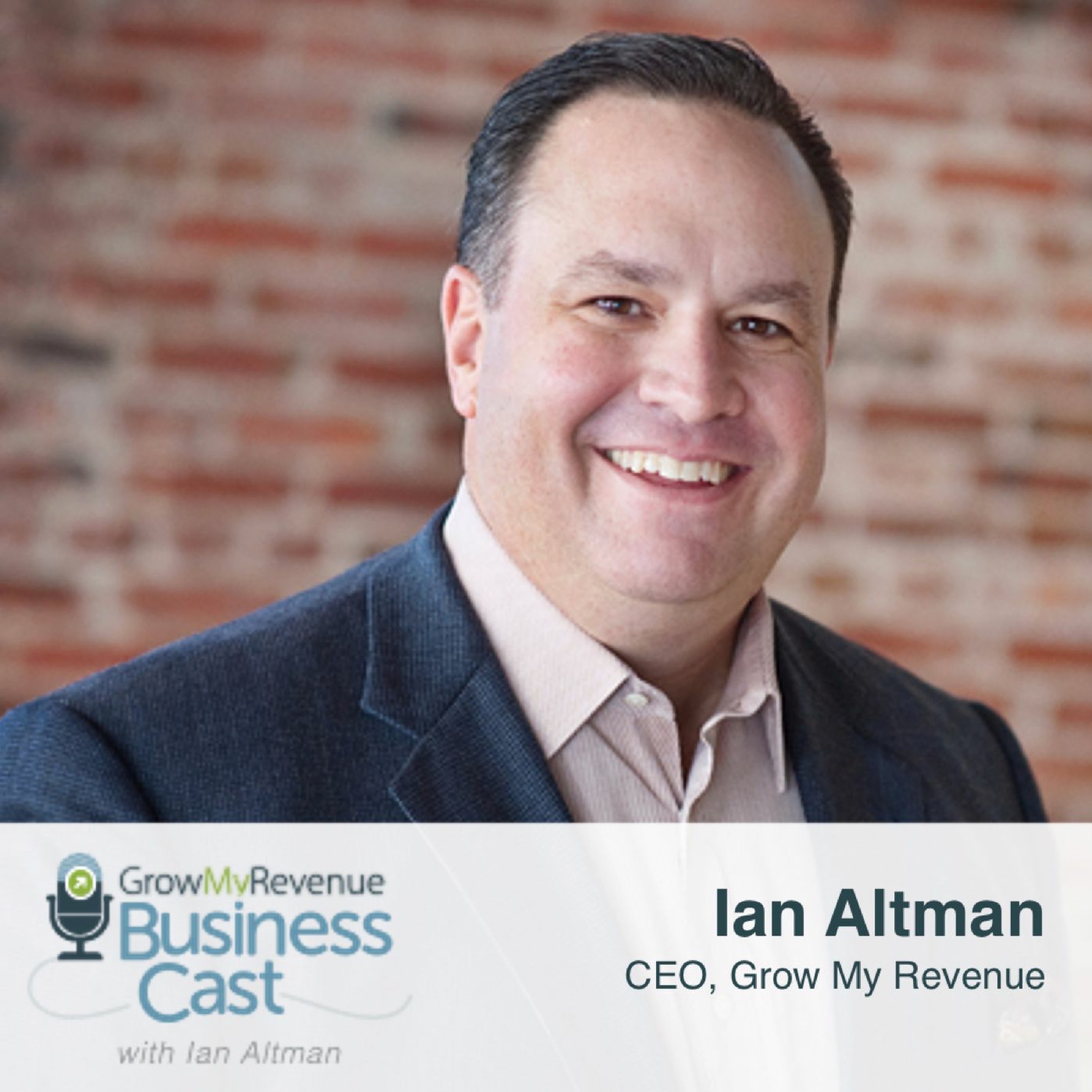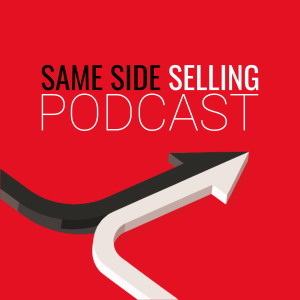
063 | How to Discuss Discount Requests, and Other Pricing Strategies
 2016-10-16
2016-10-16
Download
Right click and do "save link as"
When was the last time you received a request for a discount from a client or potential client? And how did you respond? On this special solo edition of Grow My Revenue, I'll be addressing this very topic.
During my recent keynotes and workshop presentations, the audiences asked various questions about pricing pressure and discounts. Specifically, they wanted to know when it was okay to give a discount and how to respond appropriately when someone was asking for one.
Today we'll be covering all of that plus how to carve out a niche and make yourself stand out as a service rather than a commodity. Listen in for some educational and applicable advice you can start using in your business right now!
Listen to this episode and discover:
· How to stop being an order taker, and start to be a salesperson.
· What can you do when someone applies pricing pressure?
· How do you measure impact for your clients?
· The question to ask when someone says your pricing is too high.
· Why education is key to setting your fees.
· And so much more…
Episode Overview
Recently I was speaking in Newcastle, England when an audience member asked about giving a 2.5% discount to a current client. They wanted to know if I thought it was better to do the deal at 97.5%, rather than have no deal at all.
Naturally, I told them it was better to get the 97.5% deal than no deal at all, but I also pointed out that they were assuming the client wouldn't buy from them without that discount, and that assumption simply is not the truth.
I followed up by asking what their business margin is. They told me it runs at 15% net, which means for every $1,000 they bring in, they typically net about $150. Then I asked them how much of that 2.5% discount would be from their profits. The answer is ALL of it! I pointed out to them that when they discount their cost they aren't discounting their top line, their costs stay the same.
And the same is true for you.
During today's episode of Grow My Revenue, I continue by explaining how to have a discussion with your client (or potential client) when they are asking for a discount and/or applying pricing pressure. I also explain the importance of educating the marketplace on your value as more than just a commodity, a tactic that helps support you in receiving your set fees.
You can educate the market and your clients/potential clients much the way the beef industry has educated consumers.
If you are looking to buy beef, the cattle and beef market has helped us understand some cuts are more desirable than others. As a result, we are now accustomed to paying more for the desirable cuts; we understand those cuts are worth more and so we must pay more for them.
Recently, my wife convinced our family we were going to buy all grass-fed, dry-aged beef. Now we've grown accustomed to paying more for it. Why? Because she educated us, and the people who feed their cattle only grass have educated her (their consumer).
Those cattle farmers have done research on why it's important to do so and they have shared that with their customers. So they have informed their customers on why the higher cost is worth it regarding grass-fed beef. Those ranchers have created a lot of content that have made us willing to pay more for grass-fed beef. But at the end of the day, it's still beef!
Consider the lesson here: what is your grass-fed equivalent in your space? How you can educate your consumers about why it's worth it to pay more for that grass-fed equivalent? Doing so is how you carve out a niche, and start selling based on value rather than price.
On today's show I'll also explain how to have that conversation, what to say when someone says your price is too high, and much more! It's all here on this episode of Grow My Revenue.
view more
More Episodes
3 Most Common Traps In Pipeline Reviews
 2023-07-05
2023-07-05
 2023-07-05
2023-07-05
Biggest Cold Outreach Mistakes
 2023-06-07
2023-06-07
 2023-06-07
2023-06-07
3 Worst Things Taught To Sellers
 2023-05-24
2023-05-24
 2023-05-24
2023-05-24
How To Cut Your Sales Cycle In Half
 2023-05-17
2023-05-17
 2023-05-17
2023-05-17
Stop Showing Up To Sell, Show Up To Solve
 2023-04-26
2023-04-26
 2023-04-26
2023-04-26
Biggest Mistakes in Sales Kickoff Meetings
 2023-04-12
2023-04-12
 2023-04-12
2023-04-12
Why Cold Outreach Efforts Fail
 2023-04-05
2023-04-05
 2023-04-05
2023-04-05
Why Customers Stick With Existing Vendors
 2023-03-29
2023-03-29
 2023-03-29
2023-03-29
Why Clients Focus On Price
 2023-03-22
2023-03-22
 2023-03-22
2023-03-22
012345678910111213141516171819
Create your
podcast in
minutes
- Full-featured podcast site
- Unlimited storage and bandwidth
- Comprehensive podcast stats
- Distribute to Apple Podcasts, Spotify, and more
- Make money with your podcast
It is Free
- Privacy Policy
- Cookie Policy
- Terms of Use
- Consent Preferences
- Copyright © 2015-2024 Podbean.com





